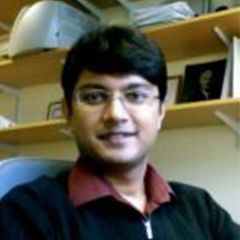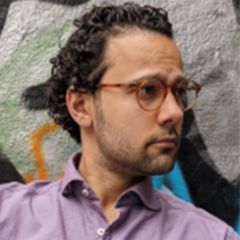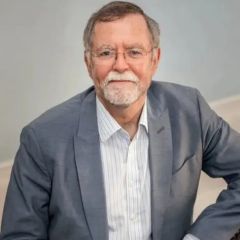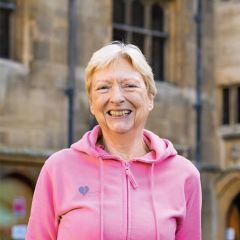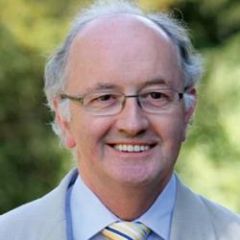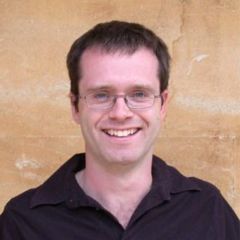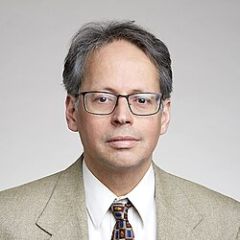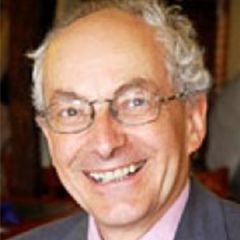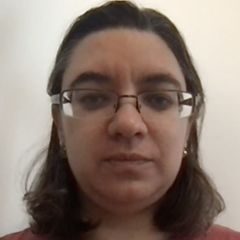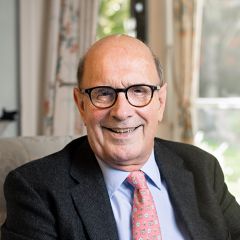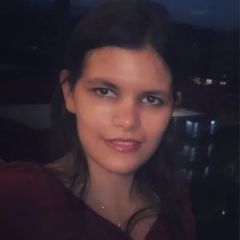Mathematics
Equally challenging and rewarding, Mathematics offers the opportunity to study a wide range of subjects: everything from abstract logic to black holes.

Course overview
During the first two years (Parts IA and IB), there are courses on a wide range of mathematics. In the latter part of the second year, there are also some optional courses available. The third year (Part II) is a unified course with subjects available to those intending to pursue further study of maths and also subjects of a more general nature. The intention is to offer each student the opportunity to pick-and-mix, to choose a combination of courses tailored individually to their abilities and aspirations.
For more information about the course and its modules, visit the University website.
What is it like to study Mathematics at King’s?
In the first year, all students will attend four lecture courses in Michaelmas and Lent, and each course will have four supervisions. For each supervision, students are expected to solve a set of problems (known as example sheets) and hand them in for marking before the supervision. In the supervision, the supervisor will go over the questions with students, discussing their solutions and any alternative solutions. Students will have, on average, two supervisions a week during the term time. The number of supervisions and courses will slightly increase in the future years. At King’s, all first-year undergraduates are supervised by the King’s Fellows, and almost all of the second-year courses are supervised by Fellows from King’s or other Colleges. There are typically eight to ten students in each year.
What do we look for in an applicant to Mathematics?
We look for students who have the ability to think mathematically. This includes having the creativity to make connections between different mathematical ideas and the flexibility to understand new concepts quickly and use them to solve challenging problems. We also look for students who are ready to commit to working hard and learning mathematics at a university level.
Requirements
A Level: A*A*A with A* in Mathematics and Further Mathematics
IB: 41-42 points overall with 7, 7, 6 at Higher Level including 7 in Mathematics Analysis and Approaches Higher Level
Subject requirements: Mathematics and Further Mathematics (A Level), Mathematics Analysis and Approaches Higher Level (IB). Candidates will also usually be expected to achieve 1, 1 in STEP 2 and STEP 3.
Admissions assessment: Test of Mathematics for University Admission (TMUA) and Sixth Term Examination Papers (STEP) 2 and 3
Written work: None
Admissions assessment
Candidates for Mathematics must take the TMUA, which is a pre-registration required test. For more information about the test, please see the University website.
Achievement in STEP 2 and STEP 3 normally forms part of a conditional offer to read Mathematics at Cambridge. For more information about these tests, please see the University website.
Careers and graduate opportunities
After completing the degree, students enter a variety of professions. About one third of King's students do further work in Mathematics, often taking Part III of the Mathematical Tripos before doing research. Many mathematics undergraduates also go on to work in the finance and IT sectors.
What is the best thing about studying Mathematics at King’s?
There's a good sense of community amongst the Mathematicians at King's. The "mathmos", as they are known, get to know each other well, and since everyone gets stuck sometimes, it is really useful to have other students being helpful as well as supervisors.
A top tip for applicants to Mathematics at King’s
Keep doing interesting maths: attempt problems; come back to them when you get stuck; learn from your solutions and from your mistakes.
People
The Directors of Studies for 2025-2026 are Prof. Mark Gross (Part IA in Michaelmas Term), Prof. Ronojoy Adhikari (Part IA in Lent Term and Easter Term), Dr Steve Gratton (Part IB), Dr Andjela Sarkovic (Part II), and Prof. Richard Jozsa (Part III).

